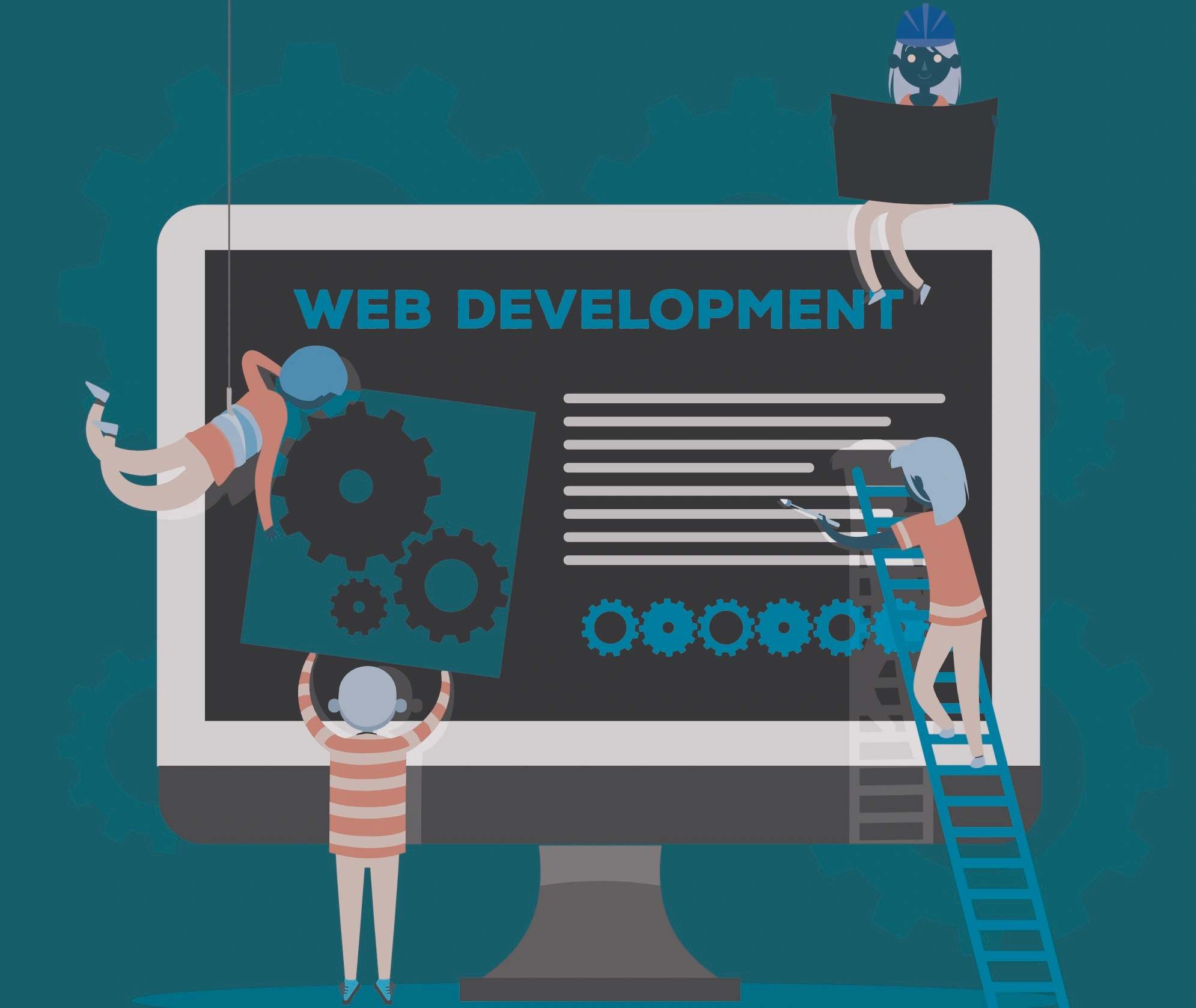
Navigating Success: A Comprehensive Guide to Project Management
Embarking on a new project is akin to setting sail on an uncharted sea. Without a skilled captain and a reliable compass, even the most promising journey can end in disaster. Project management serves as the compass, guiding teams through the turbulent waters of development towards successful completion. In this comprehensive guide, we’ll explore the key principles, methodologies, and best practices that form the foundation of effective project management.
1. Defining Project Management:
At its core, project management is the art and science of planning, executing, and closing projects efficiently and effectively. It involves coordinating resources, tasks, and timelines to achieve specific goals within a defined scope.
2. The Project Life Cycle:
Understanding the project life cycle is crucial for successful management. It typically involves the following phases:
a. Initiation: Defining the project, its goals, scope, and stakeholders.
b. Planning: Developing a roadmap, setting objectives, and creating a detailed project plan.
c. Execution: Putting the plan into action, managing resources, and addressing issues as they arise.
d. Monitoring and Controlling: Keeping a close eye on project performance, making adjustments, and ensuring that the project stays on track.
e. Closing: Evaluating the project’s success, completing deliverables, and closing out the project.
3. Key Project Management Methodologies:
a. Waterfall: A linear, sequential approach where each phase must be completed before moving on to the next. Suitable for projects with well-defined requirements.
b. Agile: An iterative and flexible approach that allows for adaptability to changing requirements. Well-suited for dynamic projects and software development.
c. Scrum: A subset of Agile that emphasizes collaboration, adaptability, and iterative progress through short development cycles known as sprints.
d. Kanban: A visual method for managing work as it moves through a process. It helps teams visualize work, limit work-in-progress, and maximize efficiency.
4. Essential Project Management Tools:
Various tools can streamline project management processes, from communication to task tracking. Popular tools include Trello, Jira, Asana, and Microsoft Project. Choose tools based on your team’s needs and project requirements.
5. Team Collaboration and Communication:
Effective communication is the cornerstone of successful project management. Regular team meetings, status updates, and a collaborative platform are essential for keeping everyone on the same page. Foster an open and transparent environment to encourage feedback and address issues promptly.
6. Risk Management:
Identifying and managing risks is a critical aspect of project management. Conduct a thorough risk assessment at the beginning of the project and continually reassess potential challenges throughout its lifecycle. Develop contingency plans to mitigate risks and keep the project on course.
7. Continuous Improvement:
Project management is a dynamic field, and continuous improvement is key to long-term success. Conduct post-project reviews to evaluate what went well and what could be improved. Apply these lessons to future projects, refining processes and strategies for ongoing success.
In conclusion, project management is a multifaceted discipline that requires careful planning, effective communication, and adaptability. By embracing the principles outlined in this comprehensive guide, project managers can navigate the complexities of project development, ensuring a smooth and successful journey from initiation to closure. May your projects be well-charted and your teams sail towards success with the winds of effective project management at their backs.
Recent News

Navigating the IT Landscape: 10 Essential Strategies for Skill Advancement
January 2024

Unveiling the Power of EJS: A Smart Choice for Your Next Web Development Project
January 2024

Mastering the Digital Frontier: Aprodence Technologies Navigates Leading Technologies in the Modern Era
January 2024



















